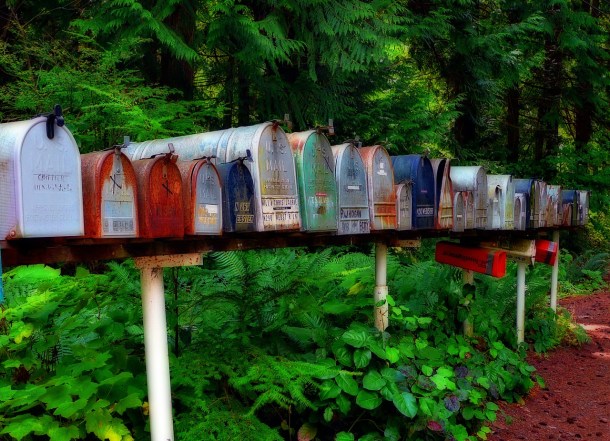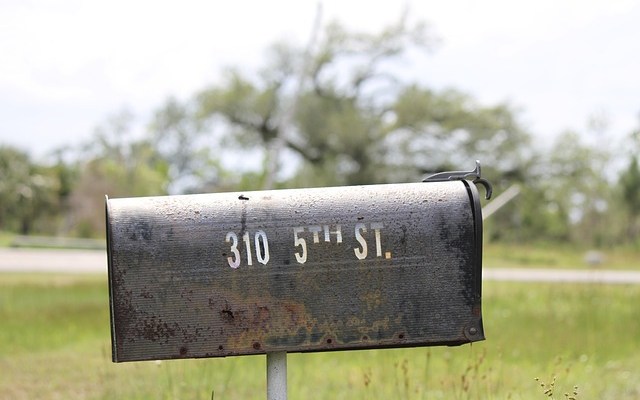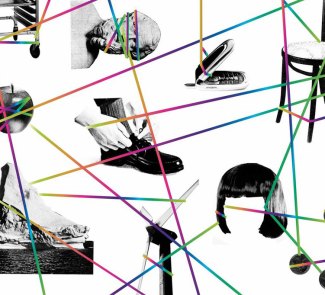Filters, dedicated folders, or specific extensions can help you focus your attention on the emails that are most important
In spite of the variety of instant messaging services that are currently available, email is still one of the most widely used communication tools in the world. After 40 years, managing email has become a task to which we devote time every day, due to the exponential growth in email traffic in recent years.
In an attempt to improve productivity in the management of the messages that reach our inboxes every day, we’re going to give you a few practical tips to avoid the dreaded procrastination.

Productivity at work
Checking email daily and answering pending emails has become a daily routine to which we devote part of our worktime. But unless your job depends solely on managing and keeping track of these emails, it is advisable to plan this action properly during the workday to avoid neglecting your actual job.
For this reason, it’s better to spend the first and last hours of the day on these tasks to respond only to the emails that can be answered quickly, leaving more carefully-prepared emails or informational messages for the end of the day. This will keep you from spending more time than necessary and having a negative impact on your productivity. Your boss will thank you for it.
Sorting messages
Email managers include tools that can help you to locate and prioritise messages in your inbox. Since the “read” / “unread” classification can sometimes be inefficient, tagging or marking important messages may be the solution for managing your Gmail and Google Apps account.
In the case of Thunderbird, emails can also be colour-coded based on whether the messages are “urgent”, “to dos”, or “personal email”. There are also interesting extensions, such as Quick Filter Unreplied, to help you locate unanswered messages that you may have missed.

Use filters
It doesn’t make sense to mix automatic informational emails connected to monitoring tasks, for example, a task management and/or planning tool, or emails from a helpdesk or bugtracker, with the rest of the messages in your inbox.
These notifications should be sorted automatically using filters and dedicated folders, so that you can consult them when you need to and not waste time consulting them or simply delete them directly.
Subscription management
The big problem with managing daily email is the number of insignificant messages that arrive in your inbox every day. Notifications from social networks, subscriptions to newsletters or offers from services and companies, which are often deleted unread, and that therefore should be optimised to filter out the subscriptions that you really care about.
In the case of Gmail, these messages are sorted automatically into two tabs created for this purpose, the “Social” tab and “Promotions” tab. But if your email provider doesn’t offer any solution like this, you can always filter these emails to a dedicated “Read Later” or “Subscriptions” folder, where you can collect these informational messages without overloading your inbox.
Images | pixabay









